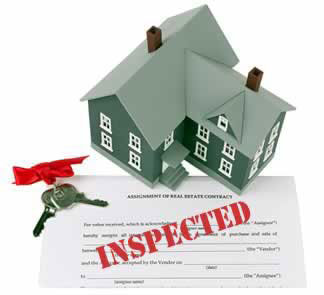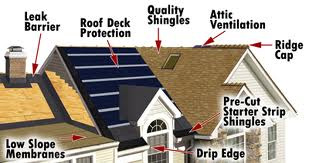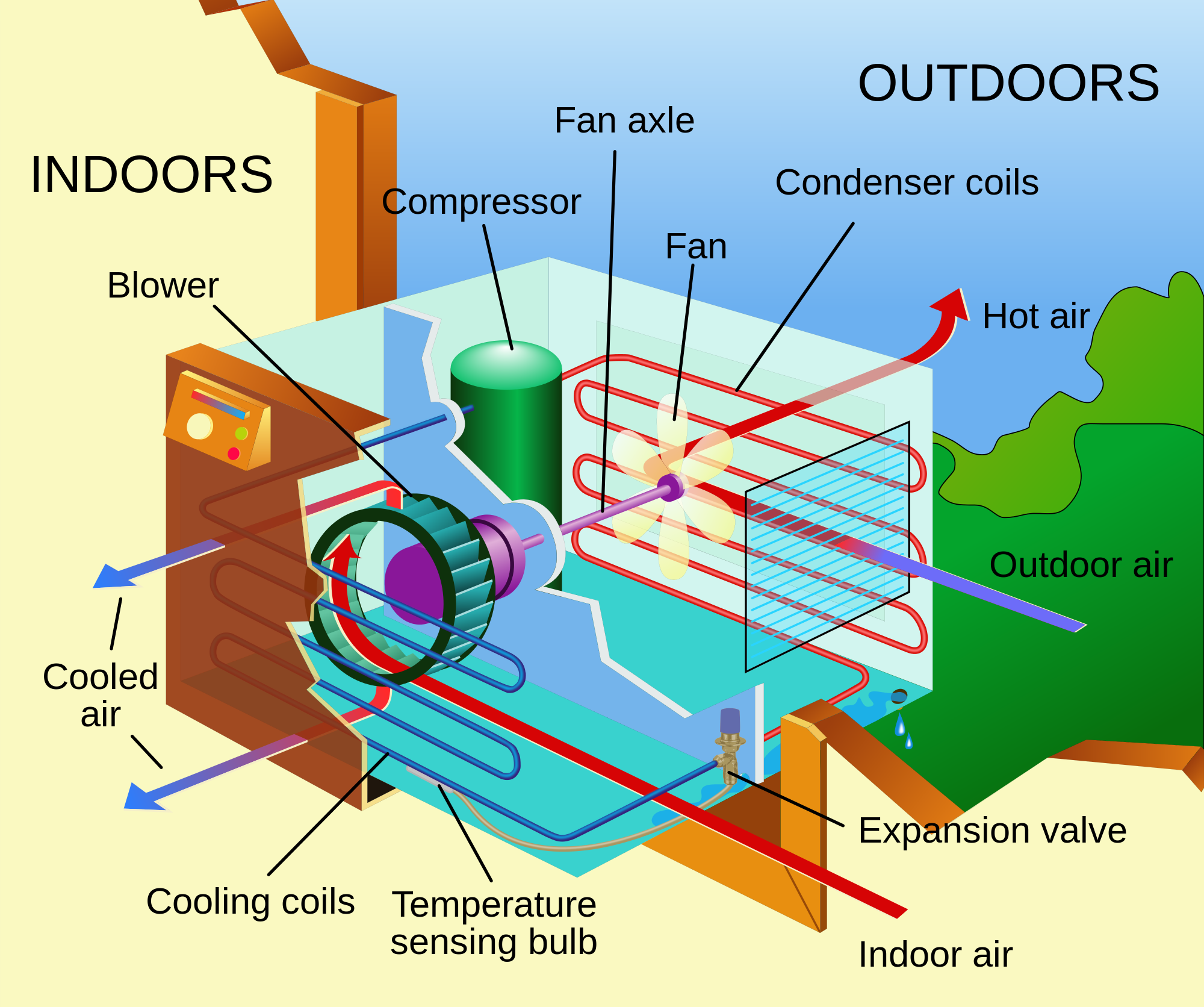 The Top Six Myths About Home Inspections
The Top Six Myths About Home Inspections
By Lisa P. Turner
If you have bought or sold a home, you might have experienced an independent home inspection. This type of home inspection is designed to provide both buyers and sellers with critical information about the health of the home’s systems – heating and cooling, electrical, plumbing, water tightness, roof condition, and safety. This type of inspection is highly detailed and provides a wealth of information on the home. While this type of inspection is not required, it can help buyers avoid a “money pit” and can help sellers understand what things might turn buyers away.
A friend wrote me recently to say that they bought a house and had expected the home inspector to look for termites. After they moved in, they decided to remodel. They discovered that termites had completely eaten the wood structure in 3 walls.
I told them that one of the things home inspectors do not do is inspect for pests, since they are not qualified to identify them. Pest control professionals are qualified to find pest infestations, and should be called in before the purchase. Most of the time your real estate agent will suggest what inspections you should be getting to protect yourself.
This got me thinking about home inspection myths. Here are the top 6 myths.
1. Home inspectors inspect for termites. Myth! Unfortunately for the couple above who believed this, repairs were very expensive.
2. You should not attend the inspection on the home you are buying, because it will disturb the inspector. Myth! Inspectors appreciate their clients attending the inspection and know they can fully communicate the issues with them. Sometimes written reports do not explain everything fully. If the clients are out of town and cannot attend the inspection, they should hold a conference call to discuss report items as soon as practical after the report is completed.
3. The seller is responsible for fixing everything the inspector finds wrong. Myth! Repairs, even serious ones, are negotiable. The sellers may be able to back out of a deal, however, if the inspector discovers serious defects.
4. New construction requires an independent home inspection to get the Certificate of Occupancy. Myth! New construction does require progressive inspections by the municipal building inspector for safety and code enforcement. If you are moving into a newly constructed home, I personally would recommend an independent home inspection also, as it will catch many loose ends.
5. If the home’s appraisal is excellent, there can’t be anything wrong with the home and you don’t need another inspection. Myth! A home’s appraisal is based on many factors, including market conditions, location, and materials (HardiePlank and granite counter tops, for example) but does not inspect for systems actually working or structural integrity.
6. A home inspection will take about 30 minutes. Myth! A thorough home inspection should take from 2-5 hours depending upon the size and complexity of the home. There are hundreds of inspection points on a home inspection, including walking the roof and crawling the crawlspace.
Now that you are the home inspection expert, you can try these questions on your friends and see how they do.
Lisa is an aerospace engineer and building contractor residing in Hayesville, North Carolina. Prior to her engineering position, Lisa inspected homes for home buyers, sellers, owners, and mortgage companies.
Lisa loves flying and building aircraft. Lisa is the first woman to build and fly a Pulsar XP 2-person experimental aircraft. She built 2 aircraft and the major portion of a helicopter between 1995 and 2008.
Lisa enjoys writing about flying, home improvement, and goal setting. She loves to inspire others to reach for their dreams.
Article Source: http://EzineArticles.com/?expert=Lisa_P._Turner

